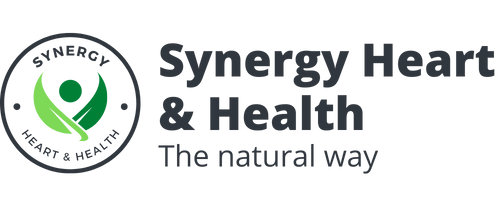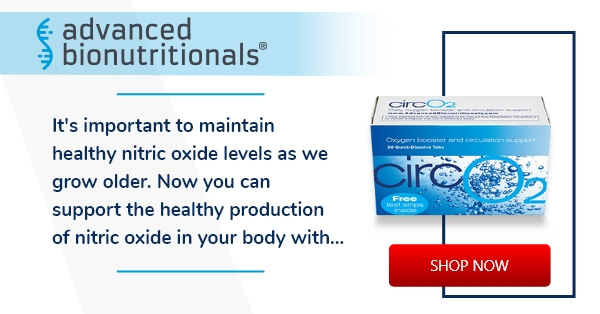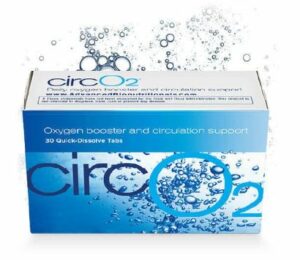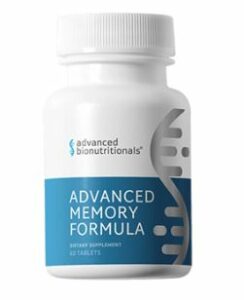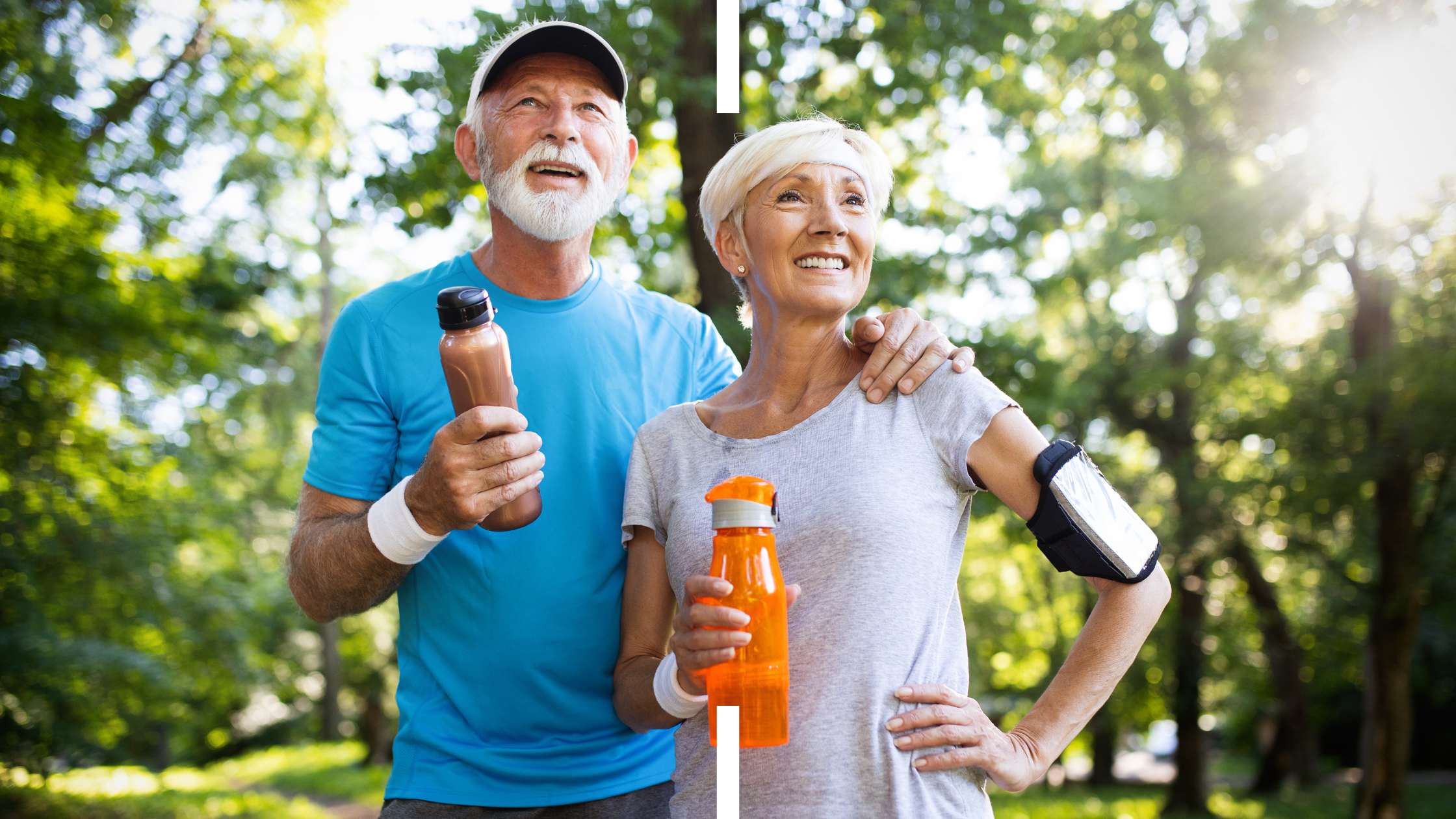What are the Symptoms of Blocked Arteries?
Blocked arteries, also known as arterial occlusive disease, occur when the arteries become narrowed or blocked, restricting blood flow to the body. This can lead to serious health problems, including heart attack and stroke. Some of the common symptoms of blocked arteries include:
- Chest pain: Chest pain, also known as angina, is a common symptom of blocked arteries. It may feel like a pressure or tightness in the chest, and it may be accompanied by shortness of breath or nausea.
- Shortness of breath: Blocked arteries can reduce the amount of oxygen that reaches the body, causing shortness of breath, especially during physical activity.
- Fatigue: Reduced blood flow can lead to fatigue, as the body is not getting enough oxygen and nutrients.
- Leg pain: Blocked arteries in the legs can cause pain, particularly when walking or climbing stairs. This is known as peripheral arterial disease (PAD).
- Coldness in the arms or legs: Reduced blood flow to the arms or legs can cause them to feel cold to the touch.
In this article, we are going to cover in depth the symptoms of blocked arteries and what will happen when blocked arteries in the heart are no longer able to function normally.

Why do arteries become blocked?
Blocked arteries or Atherosclerosis occur when a build-up of fatty and fibrous material starts to cling to the arterial wall of the blood vessels and over time this underlying condition creates coronary heart disease along with other circulatory diseases.
Atherosclerosis can influence the whole arterial system those arteries that supply the oxygen-rich blood to the heart, the carotid arteries in the neck that supply the brain, and the arteries that supply blood to the legs (peripheral).
Ultimately atherosclerosis will cause symptoms of blocked arteries like angina (chest pain) or it can bring about a heart attack or stroke, as we know a heart attack is the biggest single cause of death worldwide caused when the plaque ruptures leading to a blockage.
What causes Atherosclerosis?
From as young as our early 30’s atheroma (fatty deposits) start to accumulate in the lining (endothelial) of the arterial walls, our bodies recognize this as a foreign object, so it fights back by producing inflammation, it’s the body’s way of dealing with the build-up but it isn’t always successful.
Over time and as the inflammation is clearing up and repairing the damaged tissue it creates a fibrous seal covering the fatty middle, this process will gradually lead to more accumulations of (atheroma) fatty deposits.
More fatty deposits mean more inflammation-causing bigger deposits of plaque, it could take years before the growth has any significant effect.
What are the potential outcomes?
Atherosclerosis is known as the silent killer for a reason, we just don’t know it is there and sometimes it can be too late before we do.
The biggest issue is the plaque will grow to a certain size causing the narrowing of the arteries so that not enough blood comes through the symptoms of blocked arteries can be discomfort or pain especially when exercising or doing strenuous work.
The discomfort or pain caused by a lack of blood flow can occur either in the chest known as angina or in the calves at the back of the legs known as claudication.
As we alluded to earlier in this article the most dangerous outcome can be if the plaque breaks down or ruptures it can lead to a blood clot, a blood clot in the artery leading to the heart will cause a heart attack or the clot will travel downstream and cause a stroke.
So, as you can see it’s so important for your health to watch out for the symptoms of blocked arteries.
Biggest risk factors for Atherosclerosis
Atherosclerosis is more commonplace when we reach our 60’s & 70’s indeed one of the biggest risk factors in developing atherosclerosis is age but there are lots of other risk factors such as smoking, alcohol, diet, family history, blood pressure, and obesity.
That’s not to say that everyone will get atherosclerosis there are many examples of elderly people with no significant atherosclerosis.
To reduce the risk of atherosclerosis you need a balance in your life, from healthy eating to good exercise, no smoking, moderate alcohol intake, less stress, and a good sleeping habit. (not easy I’ll admit)
So the best advice is to take a serious look at your day-to-day lifestyle and see if you can make some changes that will reduce the risk of atherosclerosis.
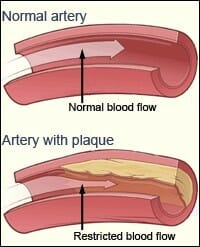
Normal artery Artery with plaque
Would you know if your arteries are blocked?
The problem with having blocked arteries is that you may be completely unaware of the condition until you develop symptoms such as:
- Breathlessness
- Chest pain when exercising
- Chronic tiredness
- No energy
- Heaviness
- High blood pressure
Very often the first time that someone knows they have atherosclerosis is after a life-changing event like a heart attack or stroke.
What test can you have?
It is highly recommended that once you reach the age of 40 you should have a cardiovascular assessment done to determine your risk of a heart attack or stroke, your GP will do a thorough physical examination including a blood pressure test, and you will also have to have a blood test done to check your cholesterol levels. If your doctor feels that you would benefit from a change in diet or lifestyle this would be the first option.
However, if you have high blood pressure (normal is 120/80) or high cholesterol (acceptable is 5 or under) then you may need to start taking statin drugs to lower your cholesterol as well as medication to lower your blood pressure.
Can blocked arteries be reversed?
This question has baffled the medical profession for years, atherosclerosis is a progressive disease meaning it keeps building up, the medical profession will tell you that it can’t be reversed only managed with drugs that have reported side effects. Of course, you can slow down the progression by having a healthy lifestyle and taking drugs.
What if I told you that there is a more natural way to reverse heart disease without the dreaded side effects?
Statin medications
Blocked arteries medical treatment?
I can tell you the procedure following a heart attack because I almost died from a heart attack in my 40s.
If you have been diagnosed with angina or you have survived a heart attack your consultant or doctor will prescribe a lifetime of medication drugs.
These drugs such as aspirin are there to help in the event of a blood clot and reduce how platelets stick to the blood vessels, and statins to lower your cholesterol.
Like me, if you have had a heart attack you may be prescribed additional medication such as beta-blockers (an ace inhibitor) but they don’t suit everyone although science will show them to be effective.
When a person has had a heart attack or stroke there will be further investigations such as a coronary angiogram to see how much plaque build-up there is, or they may have a scan or angiogram of the legs or neck to see the extent of the damage.
What treatments can you have?
A lot will depend on the severity of atherosclerosis in the arteries, for example, if you are having chest pains or shortness of breath then you may need to have an angioplasty done where they insert a stent into the femoral artery in your leg and bring the tiny stent up to the blocked blood vessel.
This procedure won’t stop the build-up of plaque so my recommendation is that you take a course of high quality (L-Arginine)
Increase Nitric oxide production and reverse all that damage to the arteries.
This is my recommendation to reverse blocked arteries (It worked for me)
Conclusion
It is important to speak with a healthcare professional if you are experiencing any of these symptoms, as blocked arteries can be a serious condition that requires medical attention. Treatment options may include medications, lifestyle changes, or surgery, depending on the severity of the blockage.
Acknowledgments
https://www.bhf.org.uk/informationsupport/heart-matters-magazine/medical/blocked-arteries
